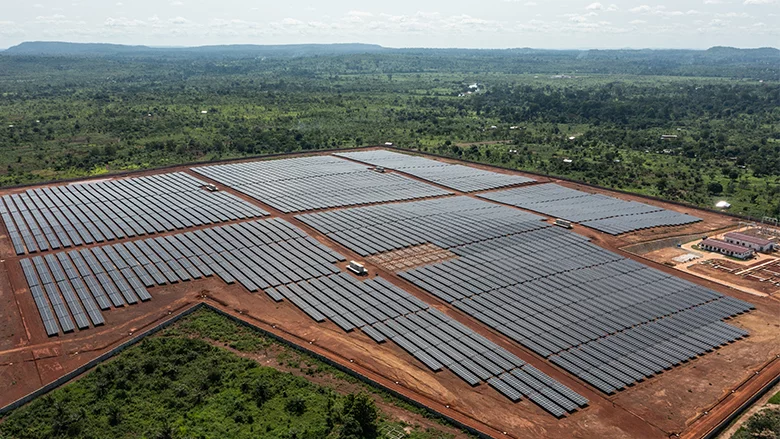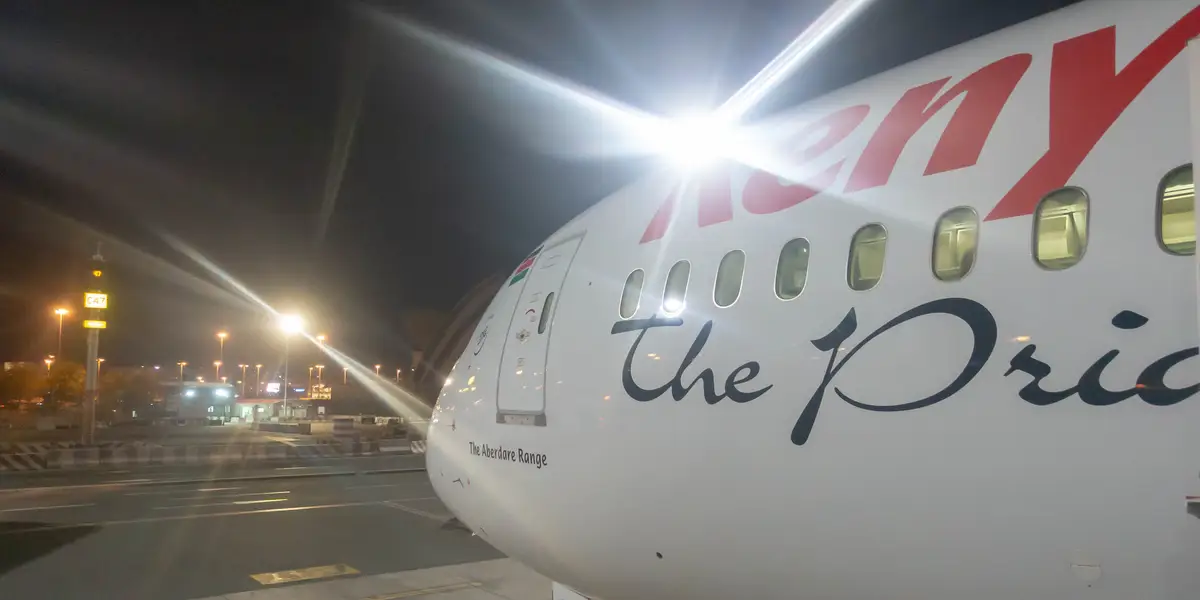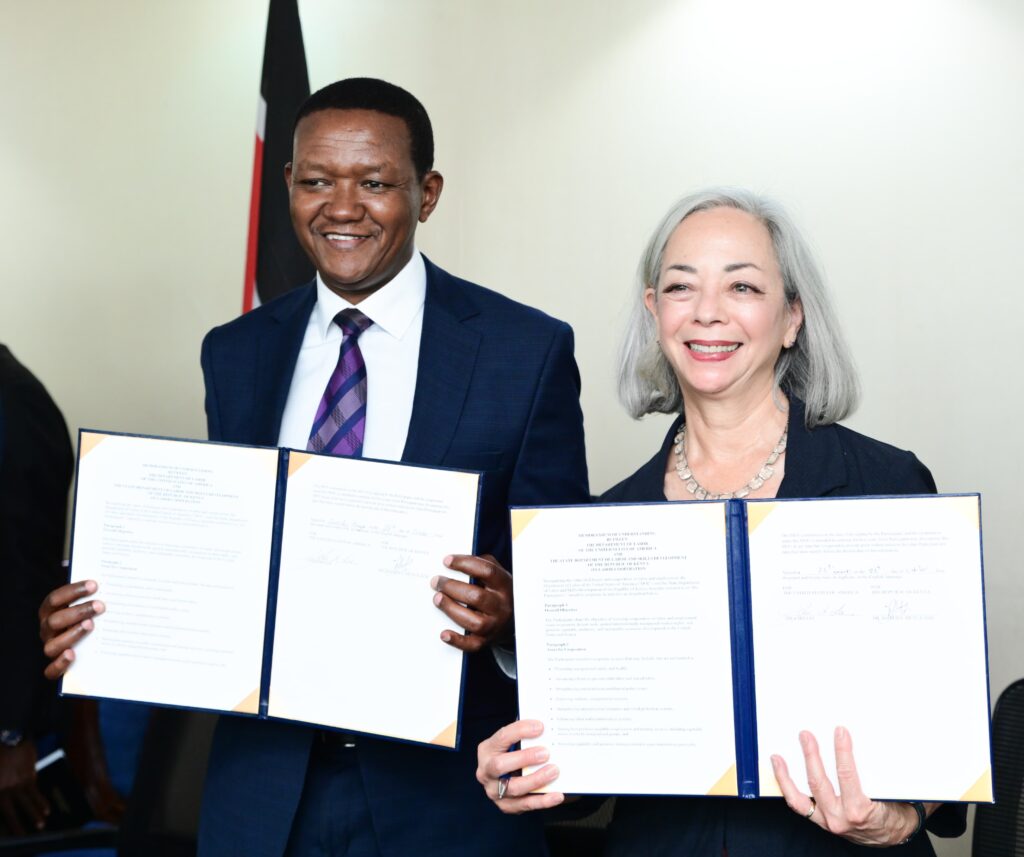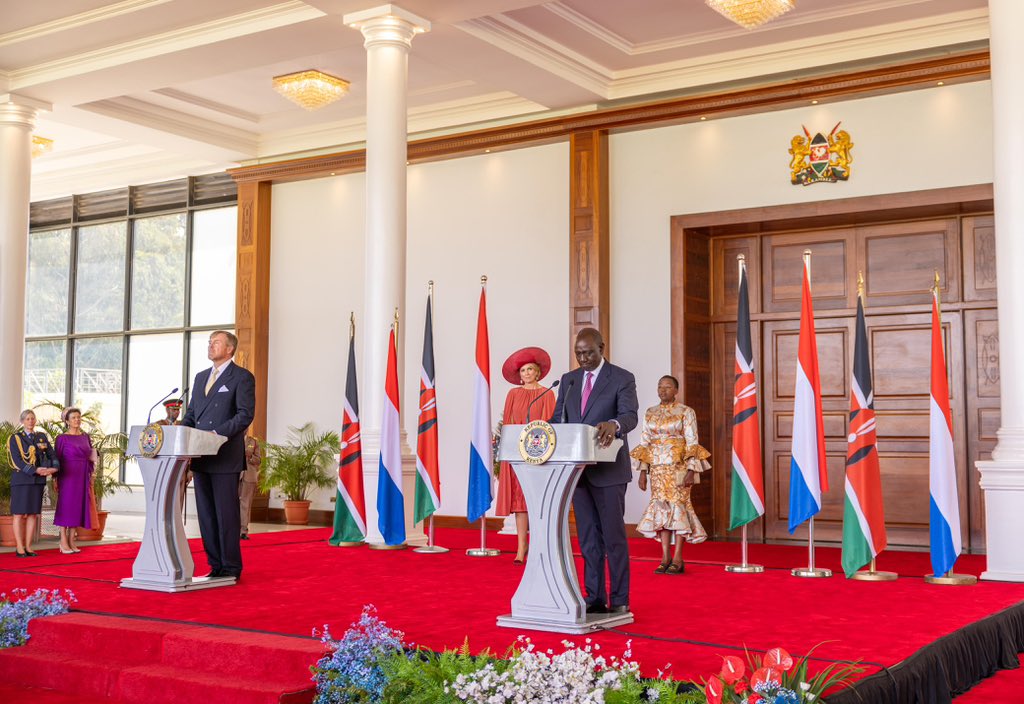A UK university-led consortium has announced a transformative Ksh 592.5 million (£3.6 million) project aimed at improving solar energy access in Kenya, Rwanda, and Ghana. The initiative, titled “Moving IMPACT: Integrated Means to Power Agriculture, Clean Cooking, and Transportation,” seeks to advance sustainable energy solutions while addressing local development needs.
Africa, the sunniest continent on Earth, paradoxically continues to rely heavily on fossil fuels for electricity, contributing to a significant carbon footprint. The Moving IMPACT project envisions solar-powered mini-grids integrated with electric vehicle (EV) charging infrastructure to bridge the energy gap, particularly for agricultural and community energy demands.
Led by Imperial College London, the project brings together over 13 partners, including the African Institute for Mathematical Sciences (AIMS), Strathmore University in Kenya, the University of Rwanda, the University of Energy and Natural Resources in Ghana, and clean-tech startups like BBOXX Ltd, Meshpower, and Evotrack. Funded under the UKRI Ayrton Challenge Programme, the initiative aims to foster equitable partnerships between UK and local researchers for impactful and locally relevant solutions.
Adrià Junyent-Ferré, a study lead from Imperial College London’s Department of Electrical and Electronic Engineering, highlighted the importance of scaling up solar mini-grids to meet higher energy demands.
“While Solar Home Systems have brought clean lighting to millions of African households, they cannot support higher power uses like electric cooking. Mini-grids fill this gap but are costly and risky to develop. Our project seeks innovative ways for mini-grids to generate revenue, such as supporting e-mobility and agricultural services,” he said.
The project will also focus on decarbonizing regional transport. Dr. Sheridan Few from the University of Leeds, leading the e-mobility work package, emphasized the importance of integrating EV charging infrastructure with health and mobility outcomes.
“By focusing on high-utilization vehicles like taxis and e-trikes, we aim to clarify EV charging needs and explore models that benefit both urban and rural communities,” Dr Few explained. The three-year project, starting in January, aims to establish scalable and socially impactful solar energy systems across Africa, addressing the intertwined challenges of energy access, sustainable development, and carbon reduction.
UKRI International Director Frances Wood praised the initiative: “This project exemplifies how interdisciplinary collaboration can deliver transformative solutions for a sustainable energy future. It reflects the immense potential of research to tackle global challenges.”
The consortium hopes that its innovative approach will set a precedent for sustainable energy transitions across the continent.





